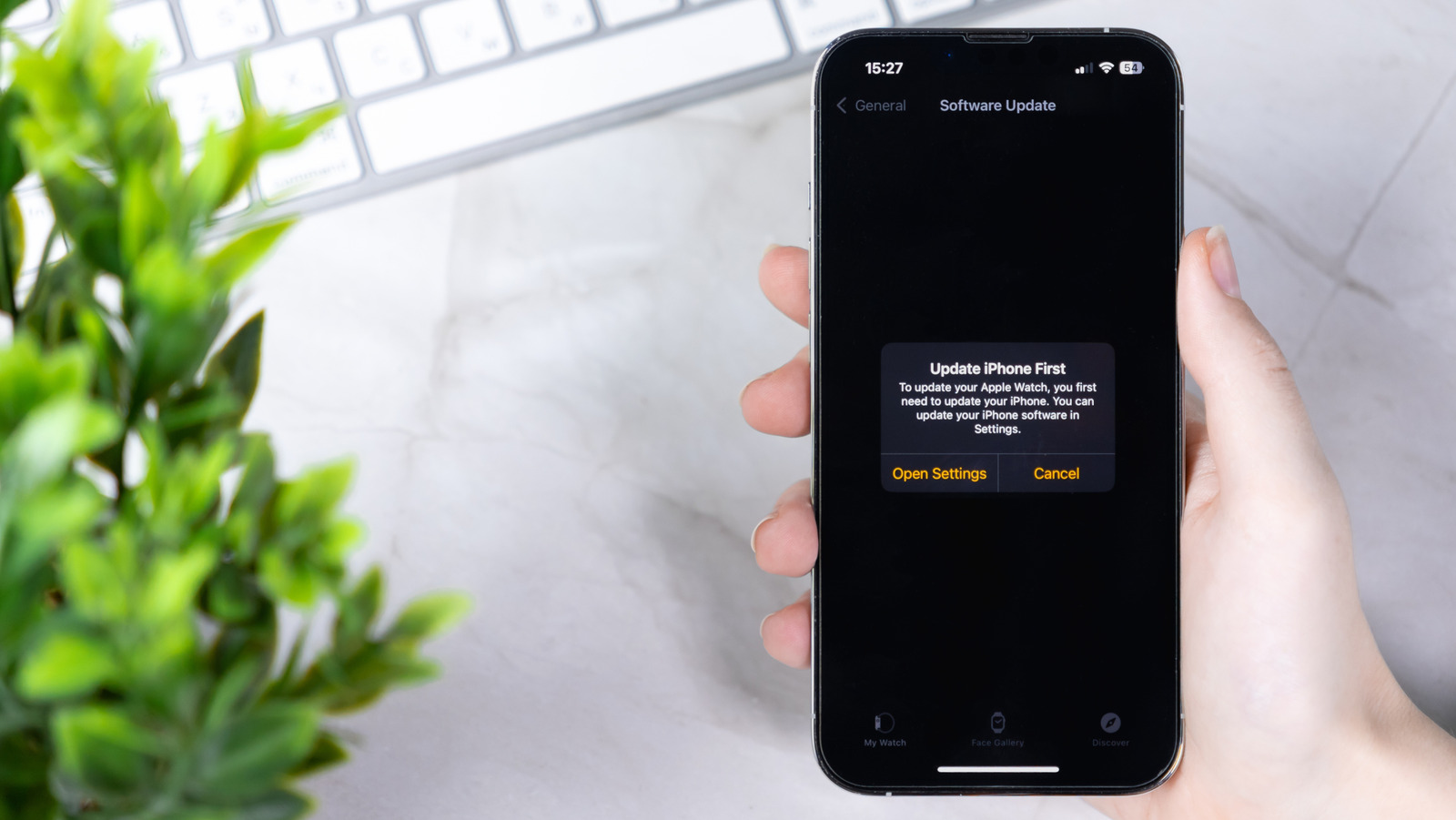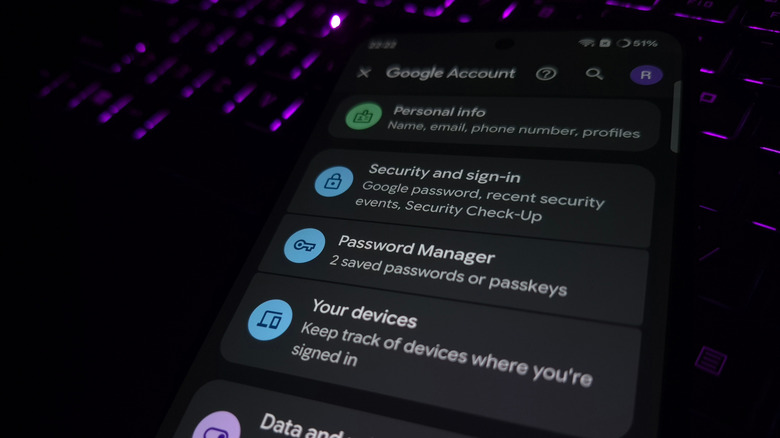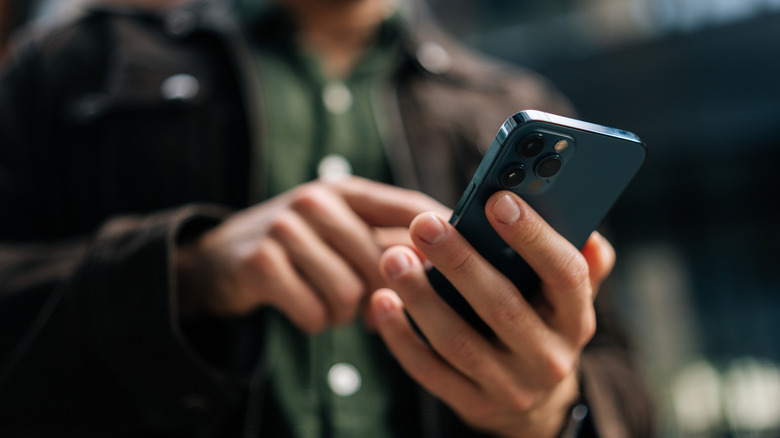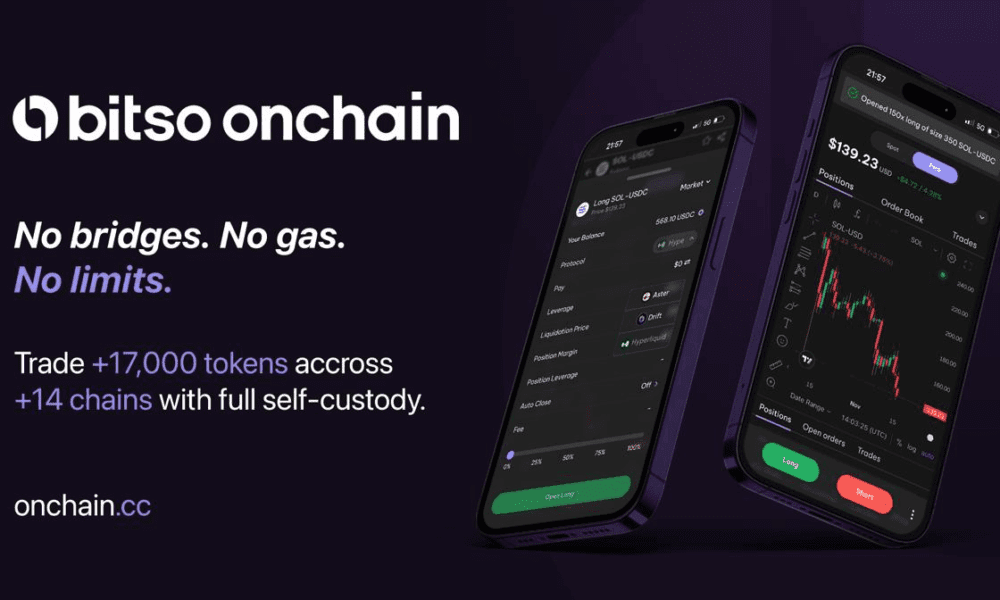Let the debate begin! There are two distinctive phone camps: iOS and Android. Usability, functionality, app stores, design, and other factors differ greatly between them. One area of heated debate concerns safety. iOS is a walled garden, very tightly restricted to only Apple devices. Android, on the other hand, prides itself in being an open platform. Does this open Android up to greater risk when it comes to security and privacy issues?
Both brands focus on offering a secure experience, Apple through strict control over both the hardware and App Store, and Android with Google’s regular security updates and Google Play store protections. Both offer strong encryption, but with Android, this can vary by device since there are so many manufacturers (and phone models) to consider, each with their own approaches to security updates.
The short answer is that logically, being more open means that Android is more vulnerable to viruses, spyware, and hacking than iOS is. But this isn’t a definitive answer. There are a lot of complicated nuances to consider before arriving at a final conclusion.
Security concerns of Apple and Android devices
With either platform, the most secure experience comes with a newer-model phone playing host to the latest software and security patches. Apple supports its devices for quite a long time — up to six years for security patches. So even those holding onto an older Apple device should be enjoying a secure experience.
For Android, it comes down to the specific phone manufacturer. Google offers seven years of software and security updates with its newest Pixel devices, for example, but other manufacturers offer fewer — some just two years. That would make older models vulnerable to security threats. What’s more, update schedules are varied, depending on the manufacturer and its roll-out. But more recent Android devices do boast new AI-powered protections which purport to offer greater security over things like e-mail, phone calls, and browsing. Some phones also have added layers of built-in security coming from the manufacturer.
Since Apple’s system is completely closed and security is standardized across all devices, the result is a pretty tight security framework — as long as you don’t jailbreak the device to gain access to other functions and apps. Standardizing Android device security is a bit more of a challenge, for reasons outlined above.
Both can be vulnerable
Apple’s heavily controlled iOS ecosystem includes a carefully vetted App Store app, and Apple does not share source code with app developers. The Secure Enclave subsystem stores especially sensitive and personal data, like your biometric fingerprint and facial profile. This ensures that even if your phone is compromised, these crucial details won’t be accessible. A new feature called Memory Integrity Enforcement (MIE) in iPhone 17 adds further protection against spyware.
Google Play does have a stringent app review process as well, with apps scanned using Google Play Protect. But since Android’s entire system is built around being open-source, users can easily adjust settings to download non-approved third-party apps, which opens the device to vulnerabilities. Some Android phone manufacturers add extra security, like Samsung Galaxy devices with Samsung Knox security and Google Pixel phones with the Titan M2 security chip. However, not all Android phones offer extra pre-installed security measures. So, you won’t get the same level of security without third-party antivirus apps, though many of these don’t really provide much protection.











